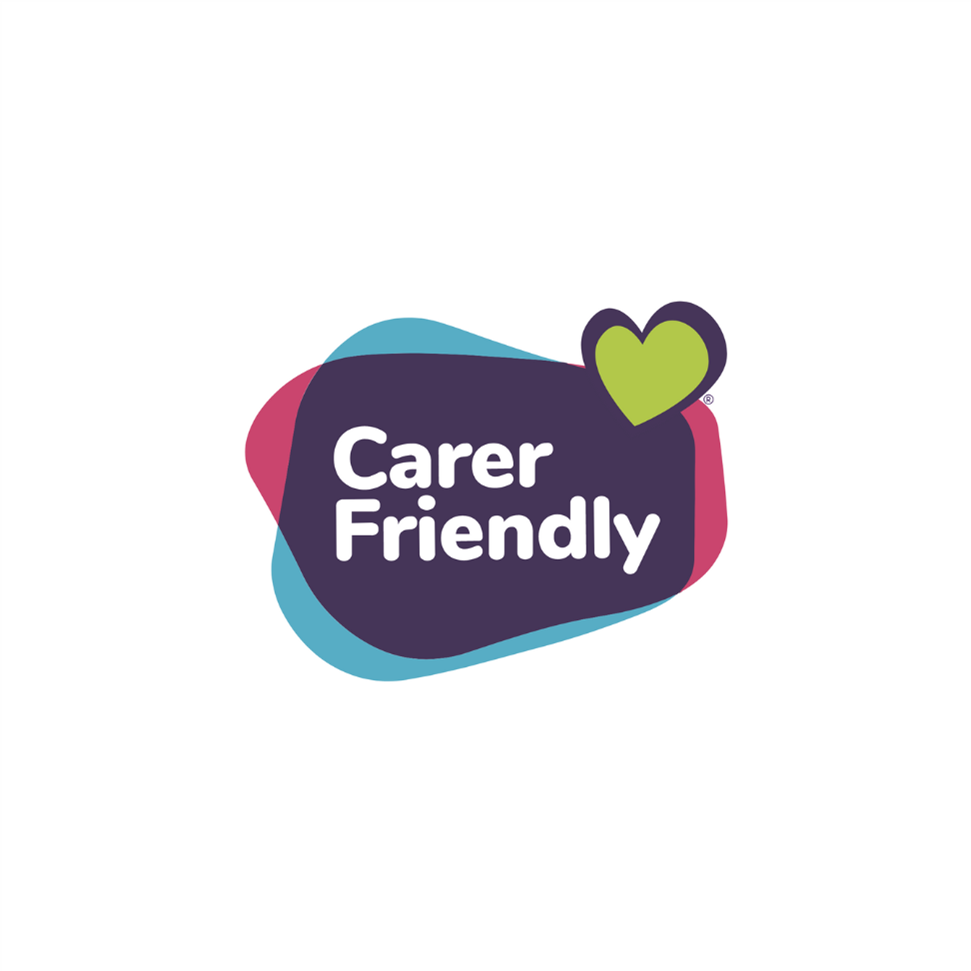Toddler
Explore essential information for toddlers aged 12 months to 3 years, including key developmental milestones, recommended vaccinations, health check-ups, childcare options, and available funding support. Remember, every child grows and develops at their own unique pace. The following information serves as a general guide, so do not worry if your child’s journey looks a little different.
12 months old
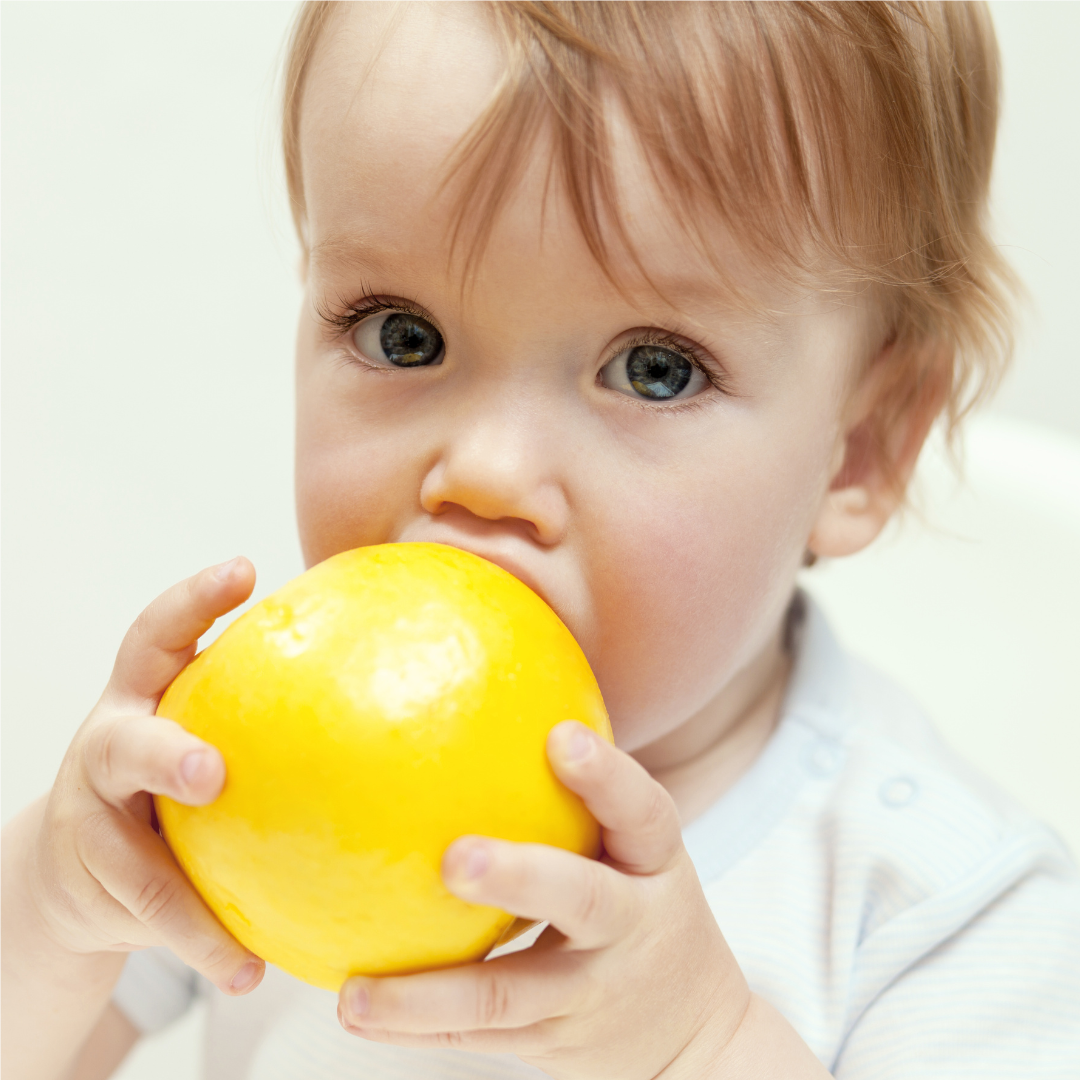
Key development stages
Physical development
By 12 months, many toddlers can sit independently, pull themselves up, and walk around furniture (cruising). They may crawl or bottom shuffle, stand alone briefly, help turn pages in a book, throw a small ball, and pick up small objects with their fingertips.
Communication
At this stage, toddlers often begin to point, respond to their name, and make meaningful sounds like “mamma” or “dadda.” They may look at an object when asked where it is, offer a toy when requested (though they might not let go of it), and engage with soft toys or dolls by hugging them.
If are worried or concerned about your child’s development please contact your local health visiting team.
Vaccinations
At around 12 months, your child will be offered the following vaccinations:
- Hib/MenC vaccine (1st dose)
- MMR vaccine (1st dose)
- Pneumococcal vaccine (2nd dose)
- MenB vaccine (3rd dose)
For more information about childhood vaccinations, visit the NHS Vaccination Schedule page.
Health Visitor 9-12 month review
- During this review, your health visitor will discuss your baby’s health and development and address any concerns you may have.
- You will receive an "Ages and Stages Questionnaire" (ASQ-3) from your health visiting team to complete before the review.
- This questionnaire allows you to try some of the activities with your baby at home, making the experience comfortable and familiar.
Need support?
If you have concerns outside of your scheduled health visitor appointments, please contact your local health visiting team.
18 months old
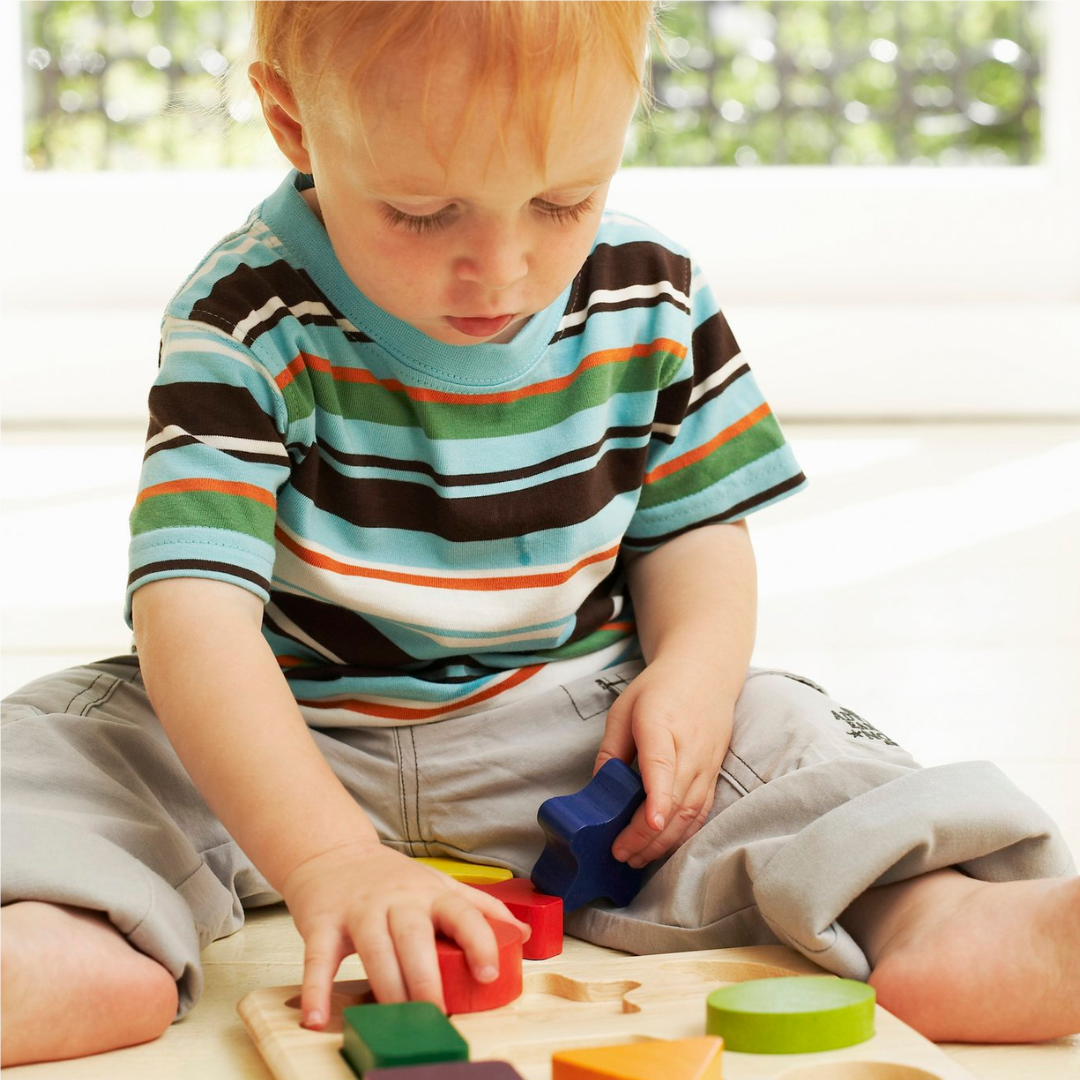
Key development stages
Physical develoment
By 18 months old, your toddler may prefer walking and could begin walking up and down stairs with support, such as holding an adult's hand, a handrail, or a wall. They may also pick up items from the floor by bending over, stack blocks, drop objects into a container one at a time, make marks on paper with a crayon, and even scribble with a crayon or pencil without being shown how. Additionally, they may start showing signs of readiness to use a toilet or potty, which often occurs between 18 months and 3 years.
Communication
By this stage, your toddler may say several single words, recognize and point to parts of the body, pull on your clothes or hand to get your attention, imitate activities like combing your hair, enjoy nursery rhymes and try to join in, and follow simple commands, such as “bring me your shoes.”
If are worried or concerned about your child’s development please contact your local health visiting team.
Need support?
No vaccinations or health visitor checks are due around this age, however if you have any concerns outside of normal scheduled appointments please contact your local health visiting team.
- Your next child vaccinations will be around 2 years, when they will be invited for a flu vaccination.
- Your next scheduled health visitor check will be when your child is 2 to 2 and a half years old.
2 years old
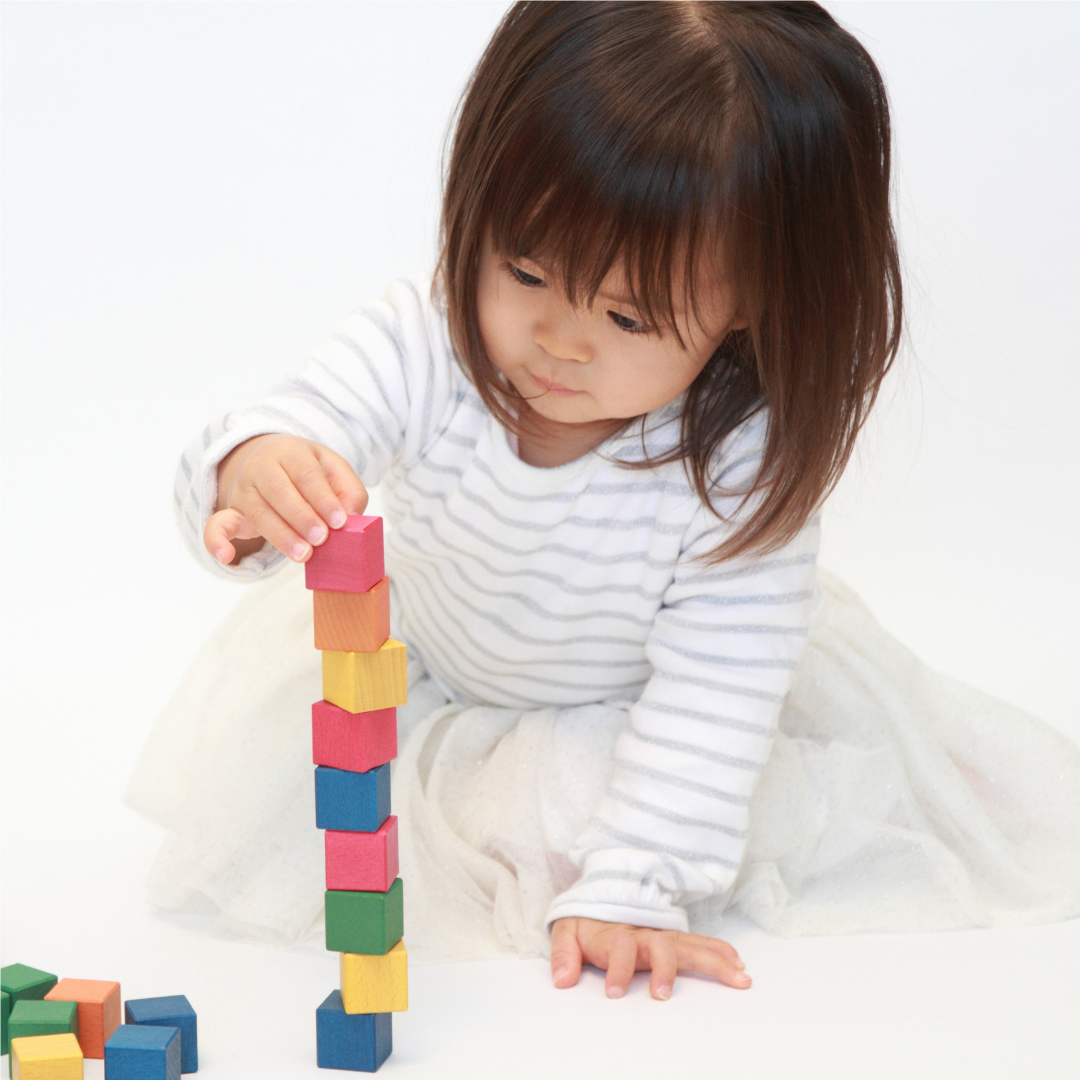
Key development stages
Physical develoment
By 2 years old, your child may kick a ball or walk into it, running and stopping steadily, jump with both feet, walk up or down at least two steps independently (possibly holding onto a handrail or wall). They may also steer toys like a toy car or buggy around objects, drink from a cup without a lid, hold a spoon upright, turn book pages by themselves (though they might turn more than one page at a time), string small items like beads or pasta onto a string, and engage in pretend play, like caring for a doll or toy.
Communication
By this stage, your child may enjoy pretend play and role-playing, name familiar objects, correctly and use words like "me," "I," "mine," and "you," be able to combine 2 to 3 words, follow simple directions such as "find your coat" or "close the door," and put things away in their proper place, like returning toys to a shelf.
If are worried or concerned about your child’s development please contact your local health visiting team.
Vaccinations
Around 2 years of age, your child will be offered the following vaccinations:
- Children's flu vaccine (every year until children finish primary school)
Health Visitor 2 to 2-and-a-half year review
- During your child's review your health visitor will discuss your child's health and development and ask if you have any concerns.
- Your health visiting team will send you a questionnaire, known as the "Ages and Stages Questionnaire" or ASQ-3, to fill in before your child's 2 year development review.
- This allows you to try out some of the activities covered by the questionnaire with your baby at home, where they are comfortable and in familiar surroundings.
Need support?
If you have any concerns outside of your scheduled Health Visitor appointments, please contact your local health visiting team.
Childcare Options and Government Funding
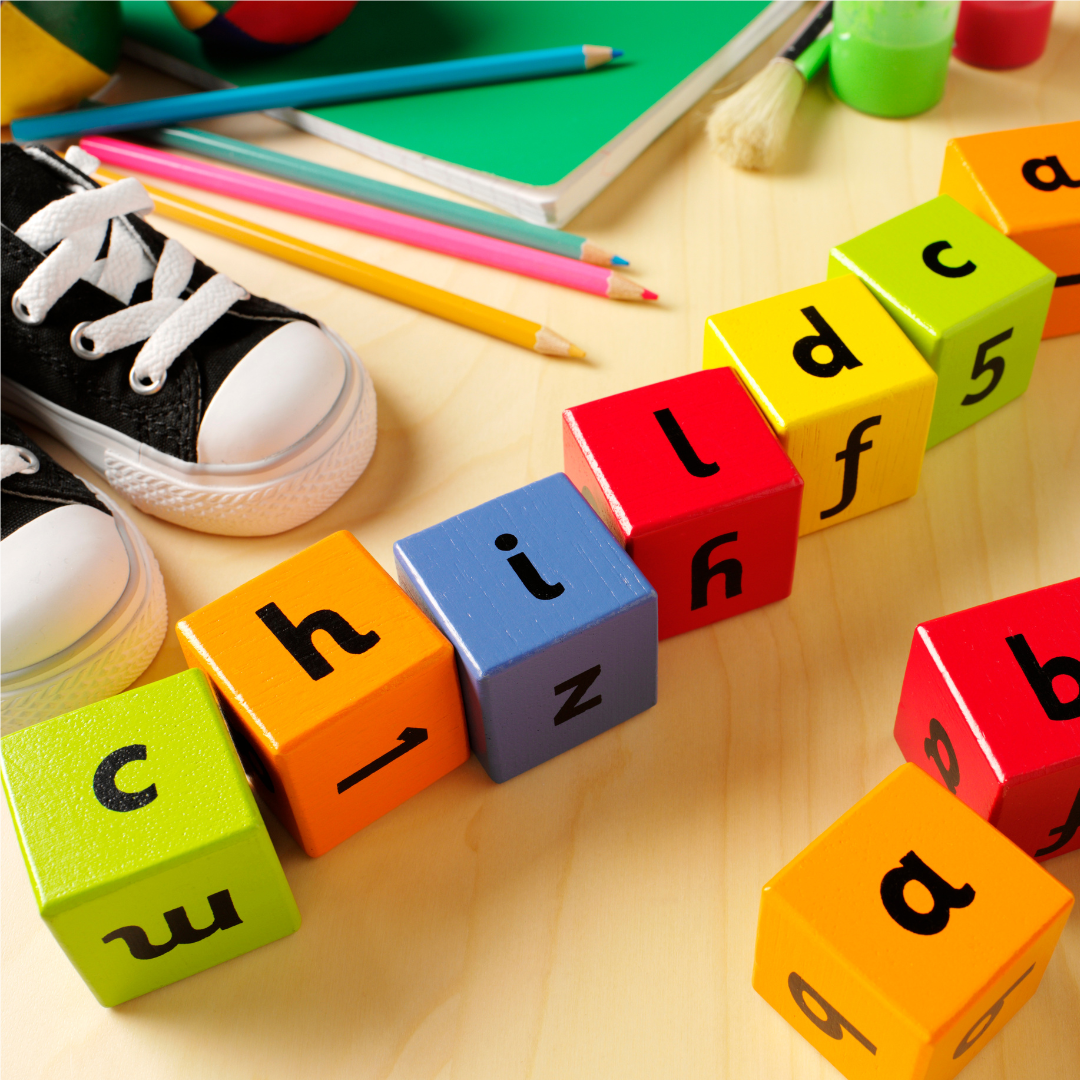
Childcare options
There are a variety of childcare options available, including nurseries, childminders, and more. To learn about the different types of childcare and to search for providers near you, visit the Dorset Council Childcare Information page.
Childcare funding
There are various government schemes and support options to help fund your childcare choices, including:
- 15 hours free per week for children aged 9 months to 2 years.
- 30 hours free per week for children aged 3 to 4 years.
- Tax-Free Childcare.
- And more.
To find out what you may be eligible for and when to apply, visit the Dorset Council Childcare page.
Being physically active every day is important for the healthy growth and development of babies, toddlers and pre-schoolers.
Physical activity guidelines for children (under 5 years) - NHS
Page created: 17 June 2024
